Three states of the federation pulled out of the legal action before the Supreme Court on Tuesday, seeking to declare the Economic and Financial Crimes Commission’s (EFCC) illegal.
Shortly before the suit’s hearing, the states of Anambra, Adamawa, and Ebonyi announced their decisions to withdraw.
The Attorney General of Anambra State, Prof. Sylvia Ifemeje, told the apex court that the state was no longer willing to be a part of the legal action that was originally instituted by Kogi State.
She revealed the date of the state’s withdrawal notice as October 20.
Likewise, Adamawa State, through its own AG, Mr. J. I. Jingi, also notified the apex court that it had on October 14 also filed a notice of withdrawal.
Ebonyi State, which was initially listed as the 18th plaintiff, through its counsel, Mr. Ikenna Nwidagu, also applied to withdraw from the case.
Their request to pull out of the case was not opposed by the Attorney-General of the Federation and Minister of Justice, Prince Lateef Fagbemi (SAN), who is the sole defendant in the case.
Consequently, the apex court panel, led by Justice Uwani Abba-Aji, struck out Anambra, Adamawa, and Ebonyi states as the 9th, 16th, and 18th plaintiffs in the suit.
Meanwhile, the development came a day after Osun State, through its Attorney-General, Mr. Oluwole Bada, applied to be allowed to consolidate its own grievance against the operations of the EFCC with that of Kogi.
Osun State told the court that it is seeking the same relief that Kogi State listed against the EFCC.
Sokoto State, which had previously joined as a co-plaintiff in the matter, did not send any legal representatives to the resumed proceeding on Tuesday, while Kogi, Kebbi, Katsina, Jigawa, Oyo, Benue, Plateau, Cross River, Ondo, Niger, Edo, and Bauchi announced their appearances.
Others were Taraba, Imo, and Nasarawa.
Despite Kogi State initially bringing the suit, designated SC/CV/178/2023, before the court, 15 other states applied and joined as co-plaintiffs, while others submitted applications to consolidate their own lawsuit with the ongoing matter.
In essence, the states are contesting the legality of the EFCC’s operations, arguing that its establishment was invalid.
Recall that former President Olusegun Obasanjo’s administration established the EFCC on December 12, 2002, by an Act of the National Assembly.
The Senate appointed and confirmed Mallam Nuhu Ribadu, the pioneer Executive Chairman, and other administrative officers, leading to the Commission’s operational activities on April 13, 2003.
However, the Commission later amended its Establishment Act in 2004.
However, the states, through their respective Attorneys General, argued in the suit before the apex court that the EFCC had not complied with Section 12 of the 1999 Constitution, as amended, before it began its operations.
The plaintiffs asserted that the Constitution required the majority of the Houses of Assembly of States to vote in favor of the EFCC Act’s passage and that only the National Assembly had the legal authority to do so.
They informed the Supreme Court that the then-President Obasanjo’s administration had not included any of the states in the EFCC’s establishment process.
They argued that in a decided case-law in Dr. Joseph Nwobike vs. Federal Republic of Nigeria, the Supreme Court held that the EFCC Establishment Act was a reduction of a United Nations Convention against corruption, and that in enacting this law in 2004, they did not follow the provision of Section 12 of the 1999 Constitution, as amended.
The plaintiffs maintained that since due process was not followed before the EFCC Establishment Act was enacted, it cannot be applicable in states that never approved of it under the provisions of the 1999 Constitution, as amended.
They argued that any agency that was formed as a result of the Act ought to be regarded as an illegal institution.
The states relied on the fact that since the 1999 Constitution, as amended, is the supreme law of the land, any Act of the National Assembly that is inconsistent with the Constitution ought to be declared a nullity.
Specifically, Kogi State, which originated the case, raised six questions for the apex court to determine, even as it sought nine principal reliefs.
It, among other things, prayed the Supreme Court for: “A declaration that the Economic and Financial Crimes Commission (EFCC), the Nigerian Financial Intelligence Unit (NFIU), or any agency of the Federal Government of Nigeria cannot investigate, requisition documents, invite, or arrest anyone with respect to offences arising from or touching on the administration and management of funds belonging to Kogi State of Nigeria or any Local Government Area of Kogi State.”
As well as: “A declaration that the Federal Government of Nigeria, through the Nigerian Financial Intelligence Unit (NFIU) or any agency of the Federal Government, lacks the power to issue any directive, guideline, advisory, or any instrument howsoever called for the administration and management of funds belonging to Kogi State of Nigeria or any Local Government Area of Kogi State.”
While adopting its processes on Tuesday, the state, through its counsel, Mr. Abdulwahab Mohammed (SAN), urged the court to grant all the relief and “award heavy costs in favor of the plaintiffs on record.”
In his response, the AGF said he had, on October 18, filed both a preliminary objection and counter-affidavit to query the competence of the action.
While urging the court to strike out or dismiss the case, the AGF argued that contrary to the contention of the plaintiffs, the EFCC was validly established in line with the provision of Section 15(5) of the 1999 Constitution, as amended.
He refuted the claim by Kogi that the EFCC Establishment Act was an offshoot of an international convention that was not properly domesticated in Nigeria.
The AGF said: “I urge my lords to dismiss this suit in its entirety; otherwise, tomorrow, what the people will go out to say is that the Supreme Court has said we should no longer fight corruption.
“Moreover, ruling in favor of the plaintiffs will have a far-reaching implication, especially on all the previous convictions.”
After listening to both sides, Justice Abba-Aji-led panel reserve judgement till a date to be communicated to the parties.




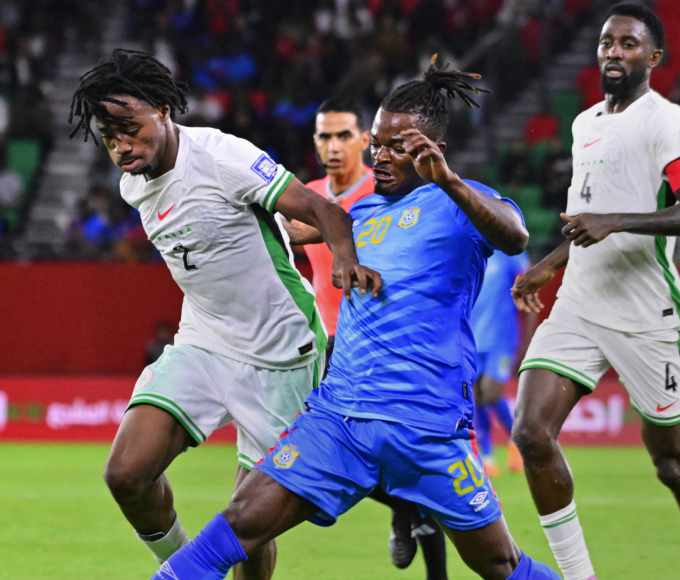


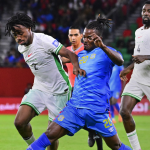
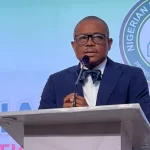
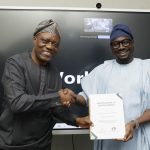
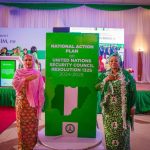
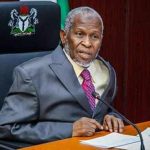


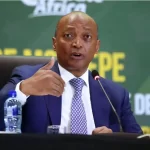

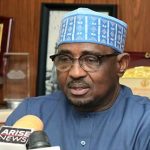

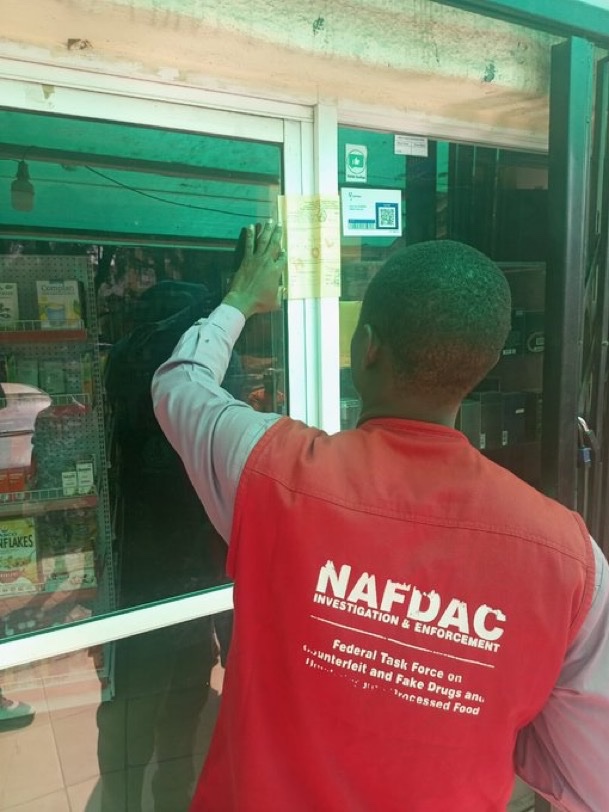
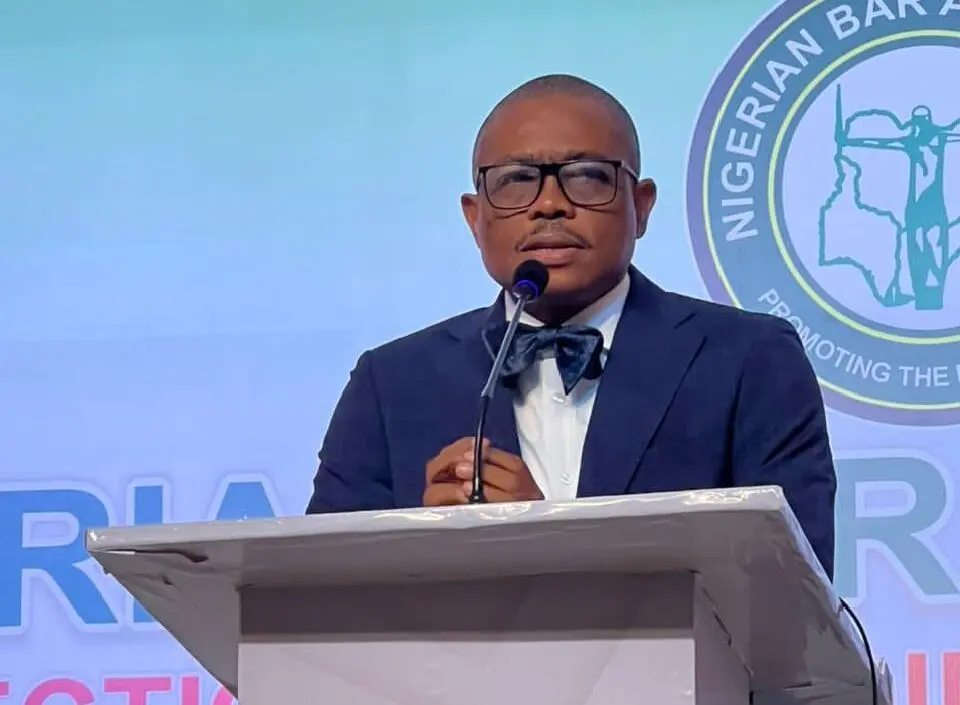
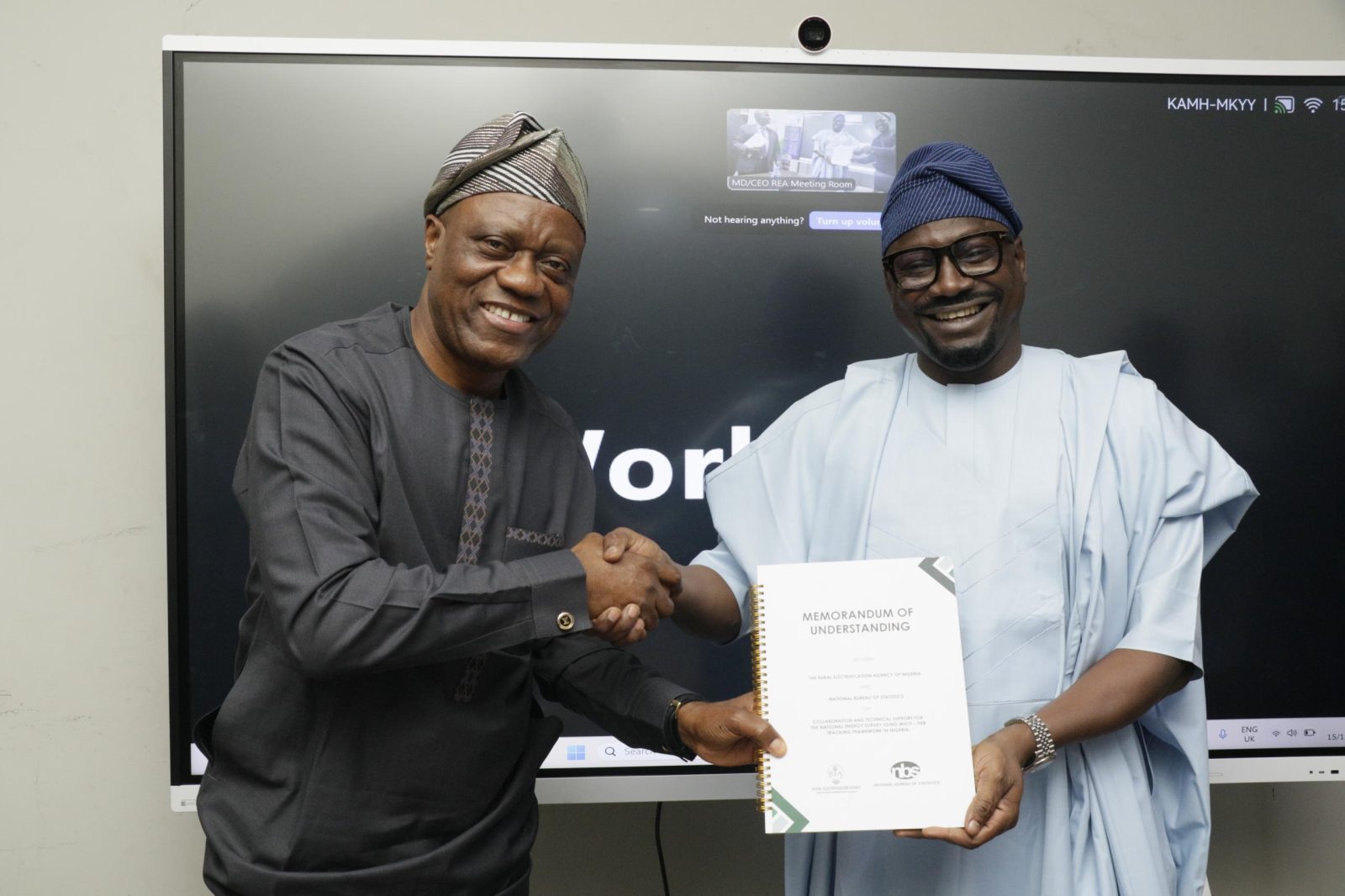
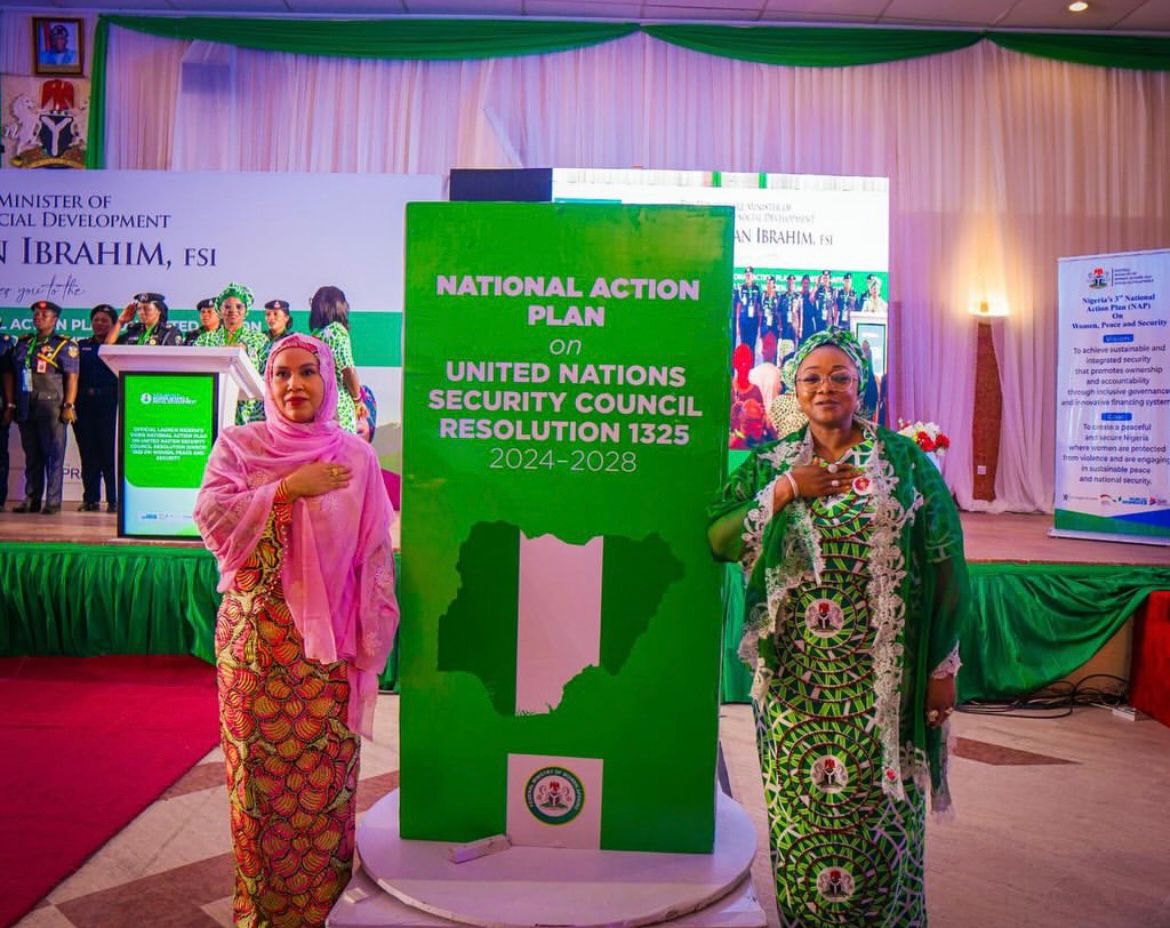
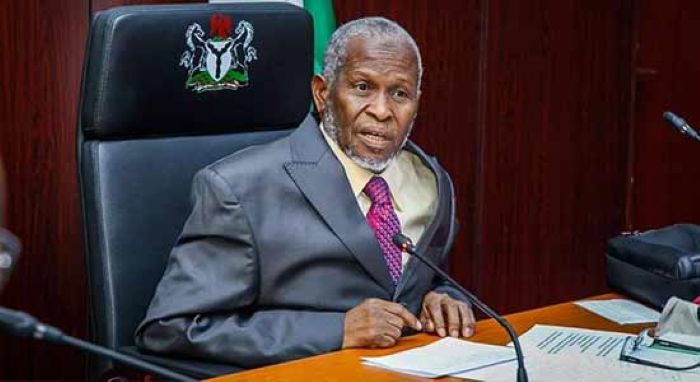
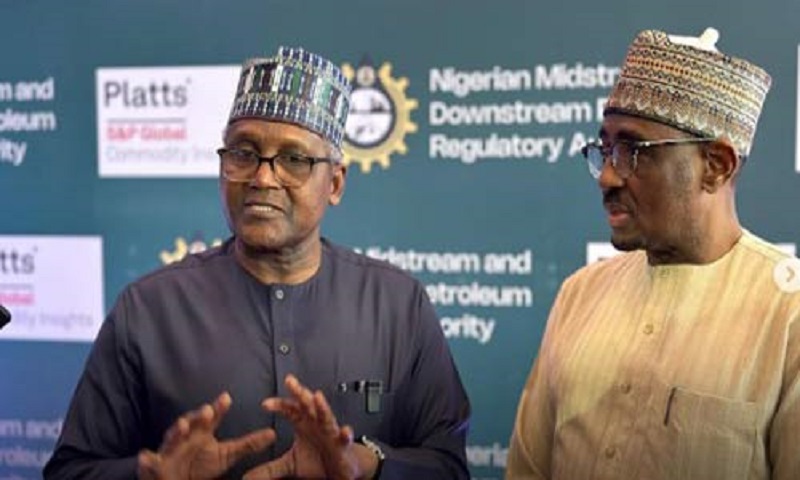
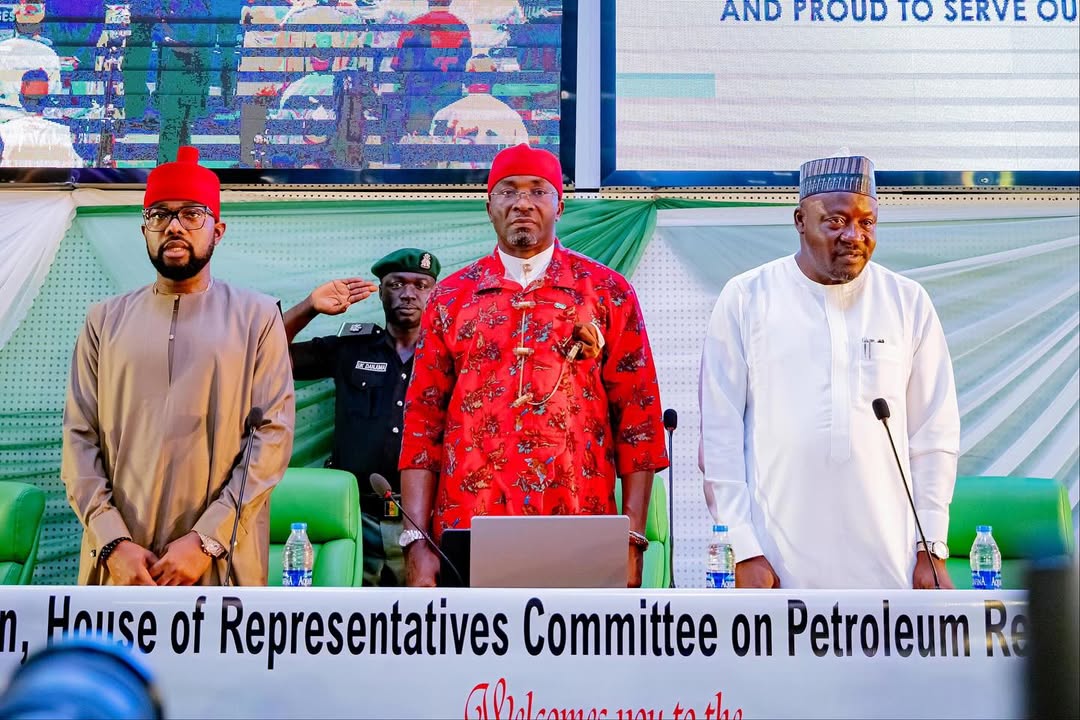
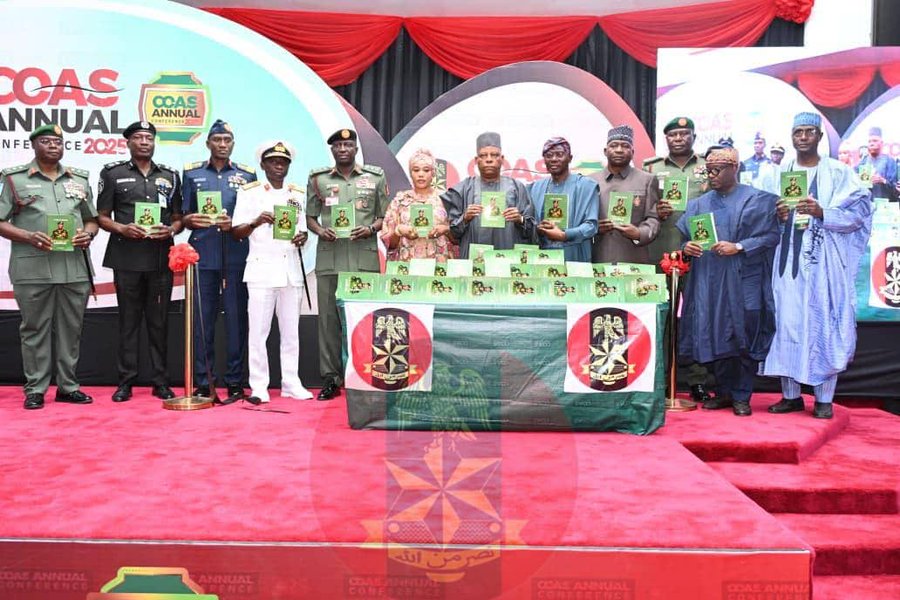
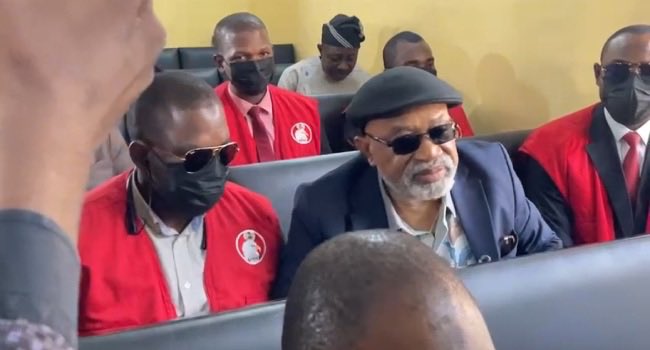
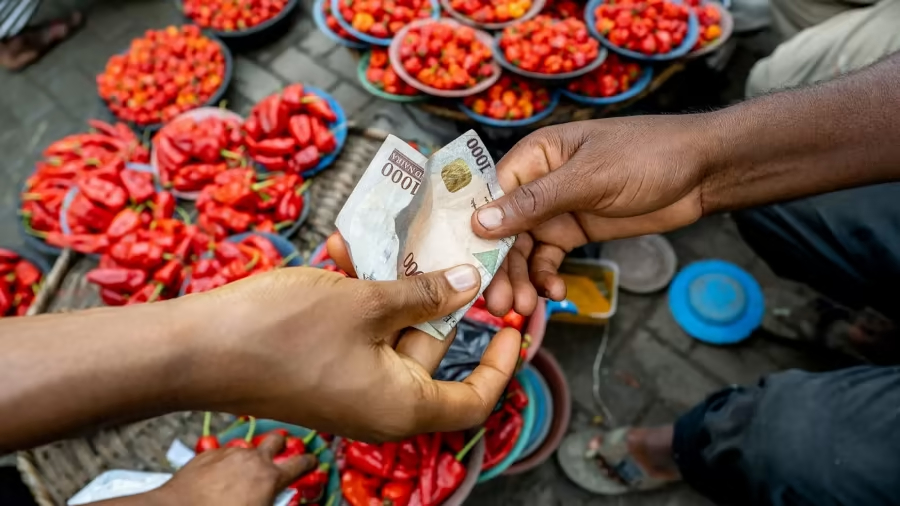
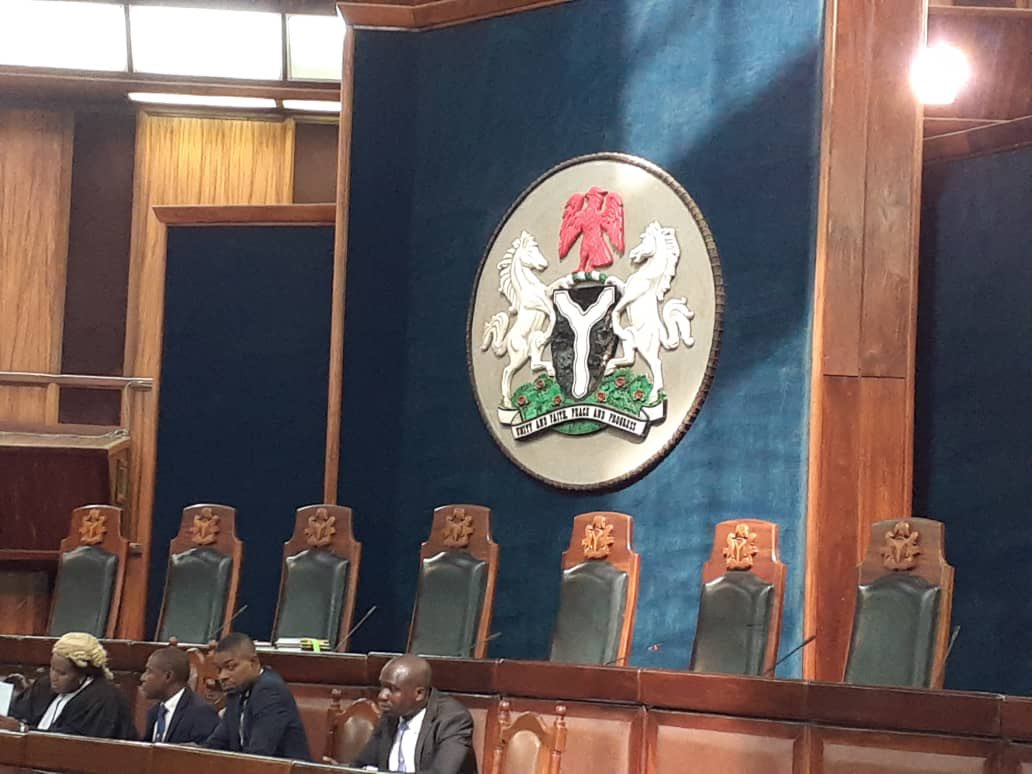

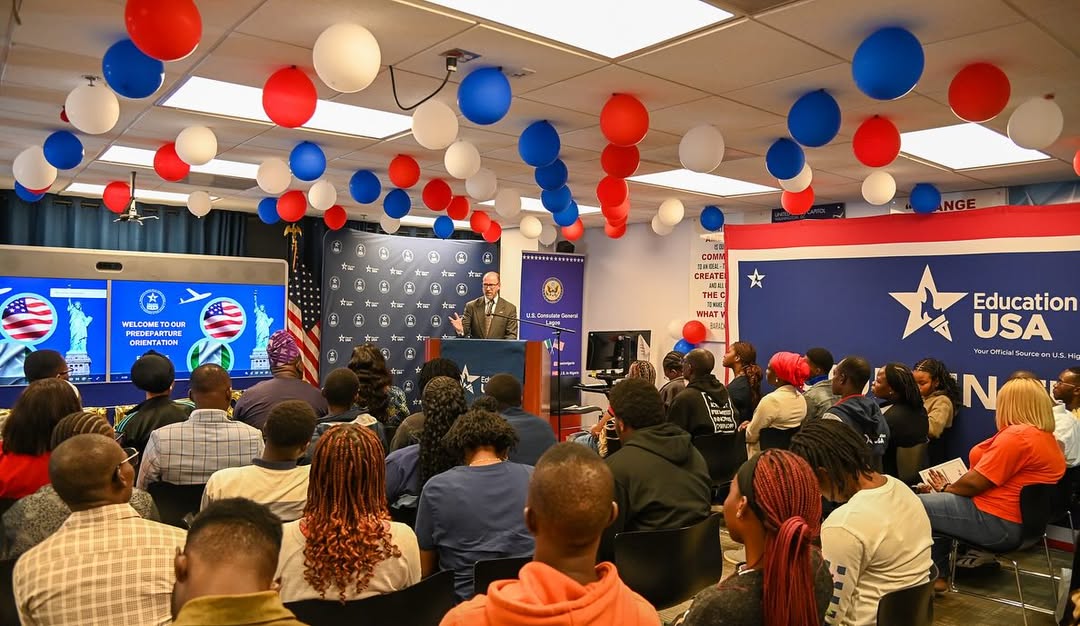
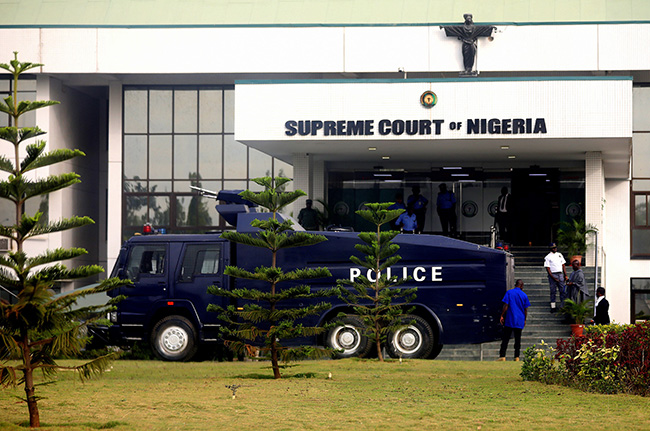

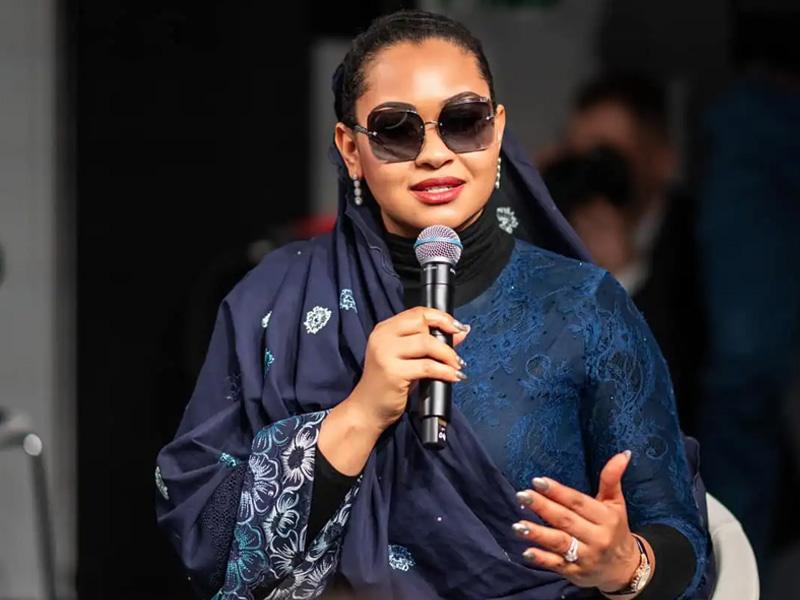
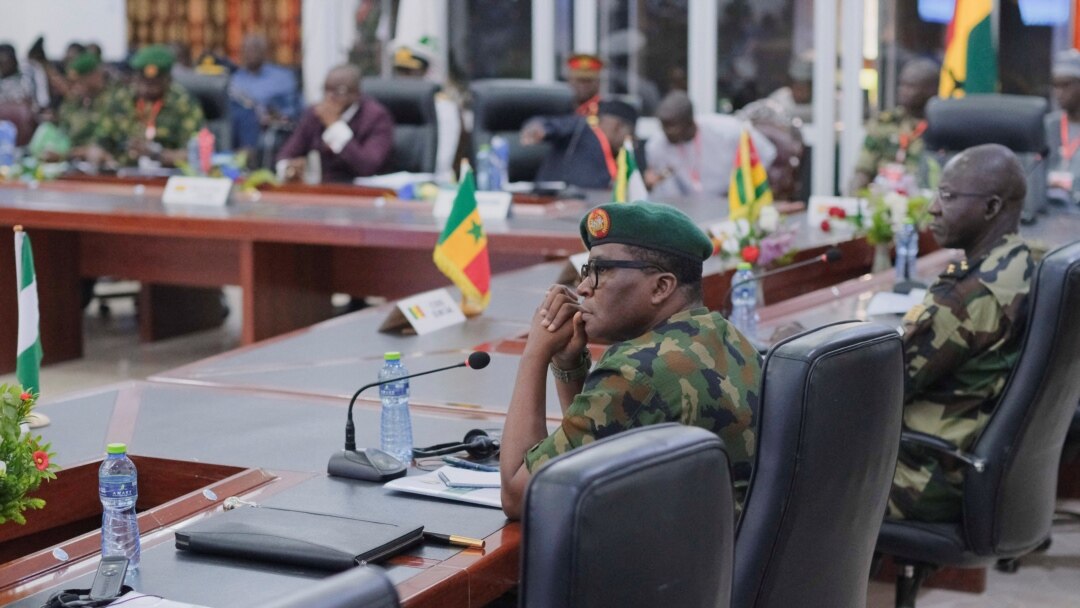


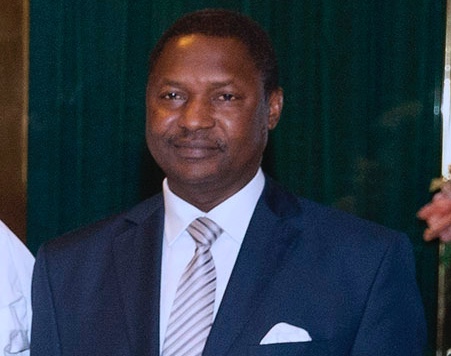
Leave a comment